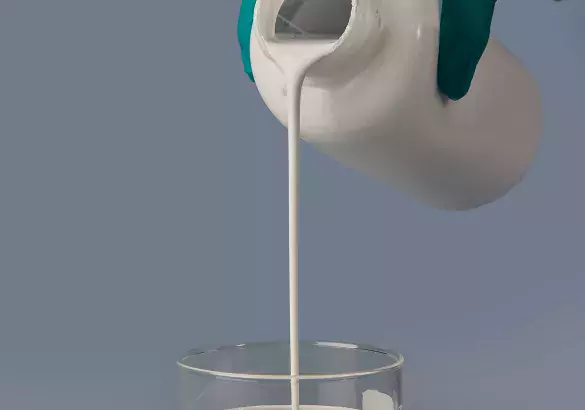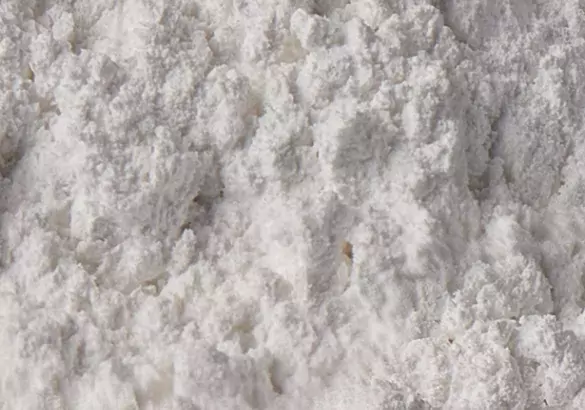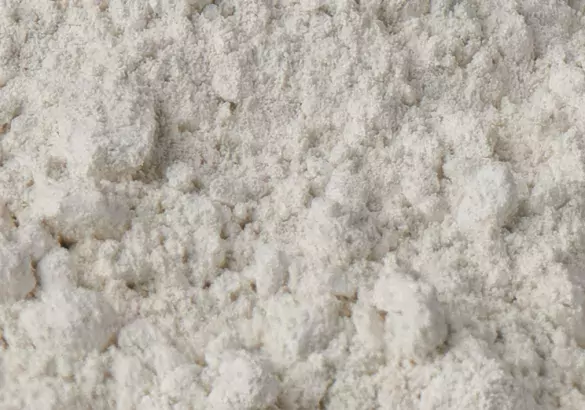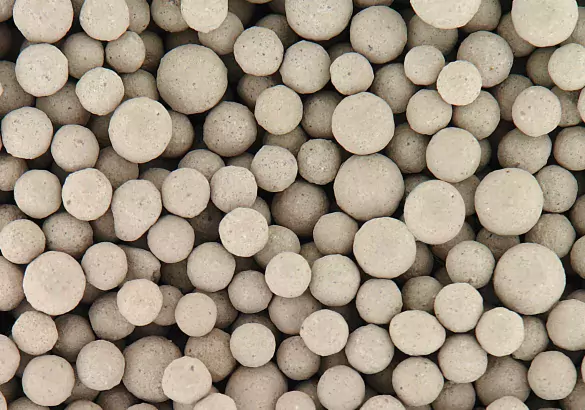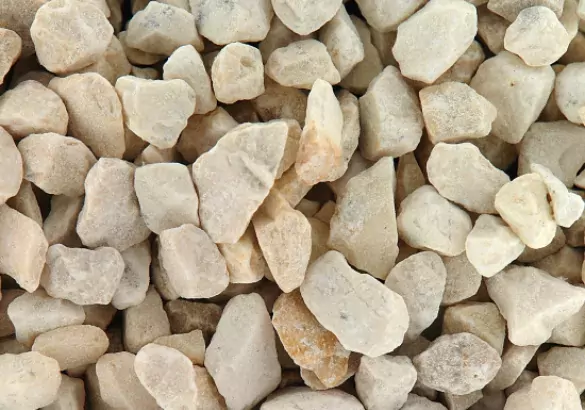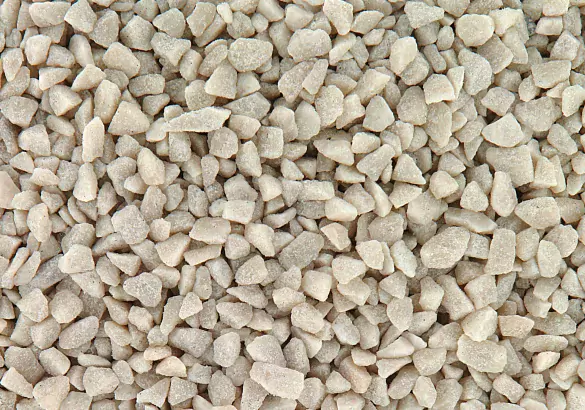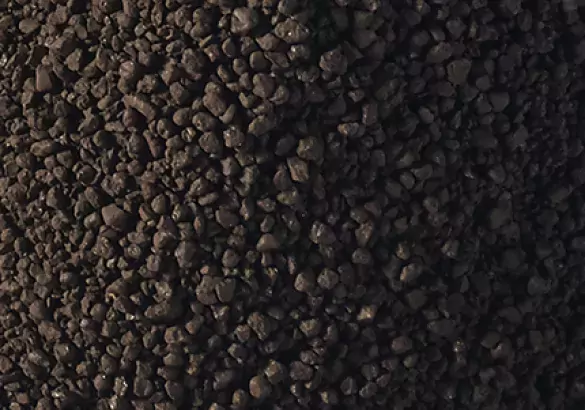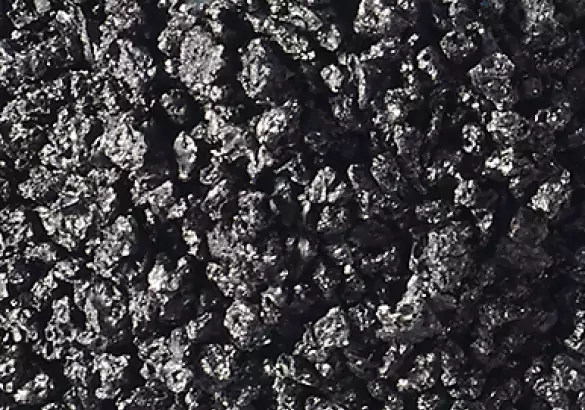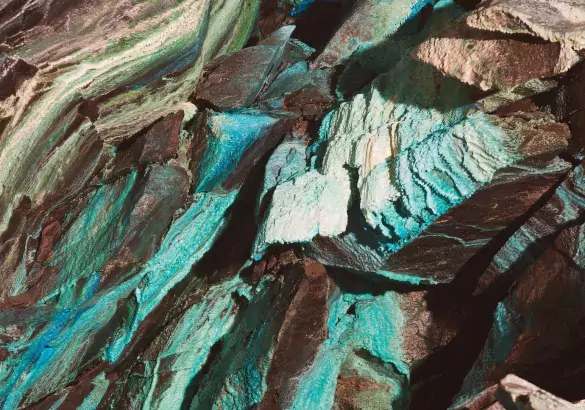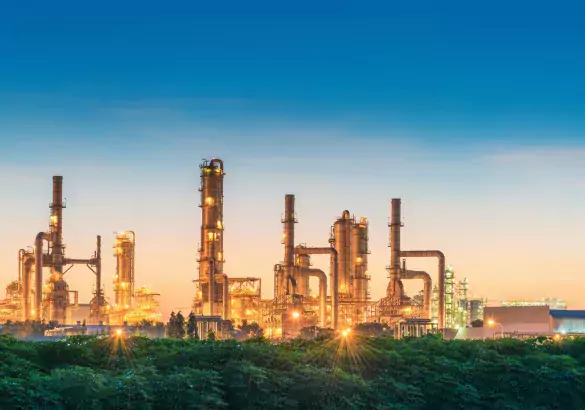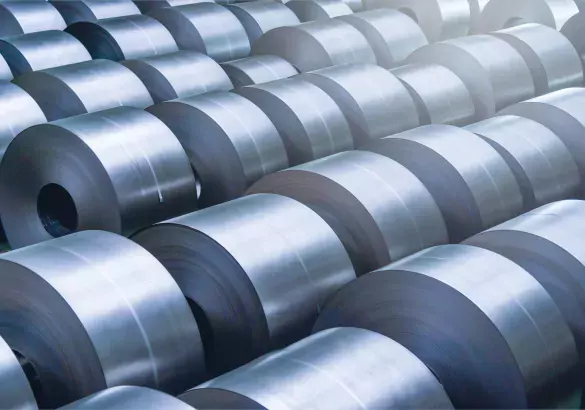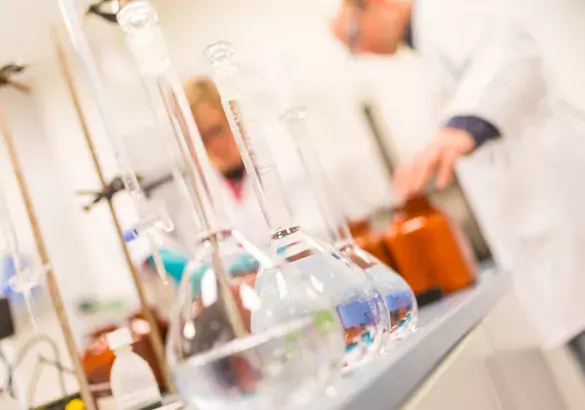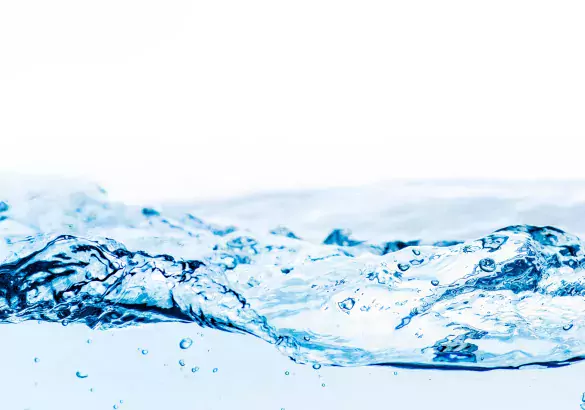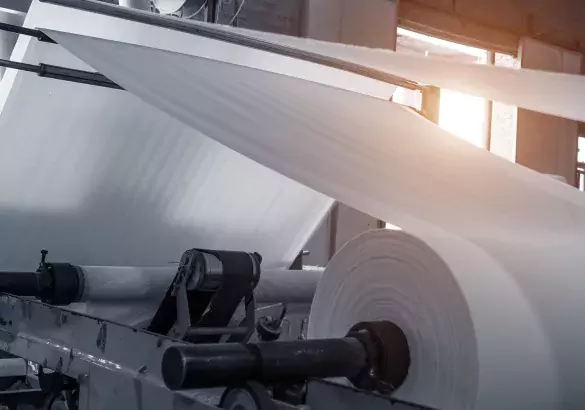Industrial water
Process water and industrial wastewater applications
At Lhoist, we have a broad range of tailored solutions for treating process water and industrial wastewater.
Many industries require large quantities of softened water, particularly cooling water for circuits and boilers, to prevent scale formation.
Industrial wastewater originates from industrial processes and is treated on-site to be discharged, further treated at a municipal wastewater treatment plant or recycled. Water recycling and reuse is increasingly implemented in industrial applications.
Akdolit®, our brand for process water
Neutralac®, our brand for waste water and sludges
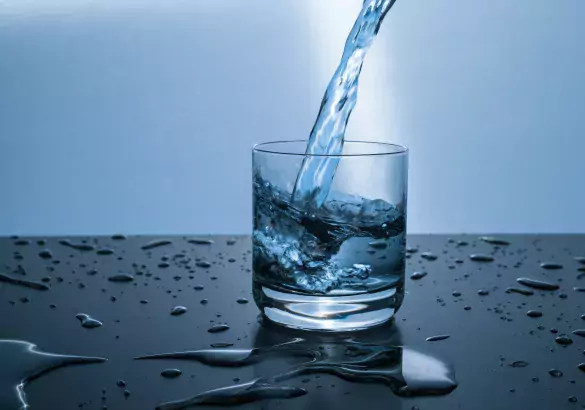
Softening
Water softening reduces the hardness of calcareous waters which can cause scaling, and reduce heat transfer efficiency in boilers due to the formation of mineral deposits such as calcium carbonate. Several processes can be used to achieve softening, such as ion exchange or lime-based treatment. Lime-based softening converts soluble bicarbonate ions to insoluble carbonate ions, which are subsequently separated from water.
At Lhoist, we provide special types of milk of lime or lime slurry that are particularly well-suited to softening. The special formulation ensures process efficiency through a combination of low particle size and high calcium hydroxide concentration.
Silica removal
Some water-intensive industrial segments require a vast amount of pure water and are faced with silica scaling issues. Silica accumulates on surfaces as glassy deposits that are difficult to remove, resulting in equipment failure. Therefore, silica removal is critical for a number of unit processes, including cooling towers, boilers, and reverse osmosis membranes. At Lhoist, we provide special formulations of calcium and magnesium-based products that are well-suited for silica removal as a standalone treatment step or in combination with lime softening.
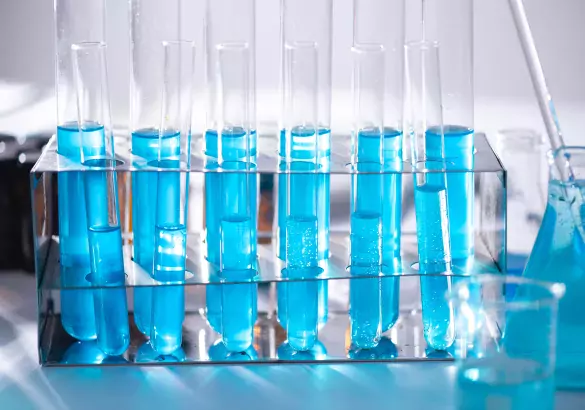
pH neutralization
pH neutralization is an essential treatment step in many industries to treat acidic wastewaters that must be neutralized before discharge. Neutralization of acidic effluents can be achieved by pH adjustment using lime-based reagents.
Ion removal
Fluoride-bearing wastewaters often require treatment beyond simple pH neutralization due to widely imposed limits on fluoride concentration in industrial effluents. The most common method for removing fluoride is through the addition of lime. At Lhoist, formulated milk of lime or lime slurry solutions are developed that allow pH neutralization and fluoride removal in a single process step.
Sulphate contributes to increased surface water salinity, can inhibit certain advanced wastewater treatment processes, and is indirectly responsible for odour and corrosion issues in wastewater treatment. The most common method for removing high concentrations of sulphate from water is through the addition of lime.
Heavy metals precipitation
Metals do not degrade in the environment. They can be very toxic to humans and animals. Consequently, industries must remove them from wastewater before discharge.
Chemical precipitation is the most common technology used to remove metals from solutions. And when considering the cost of precipitating agents and alkali requirements, lime is the most cost-effective option to remove metals from wastewaters.
Our business cases


